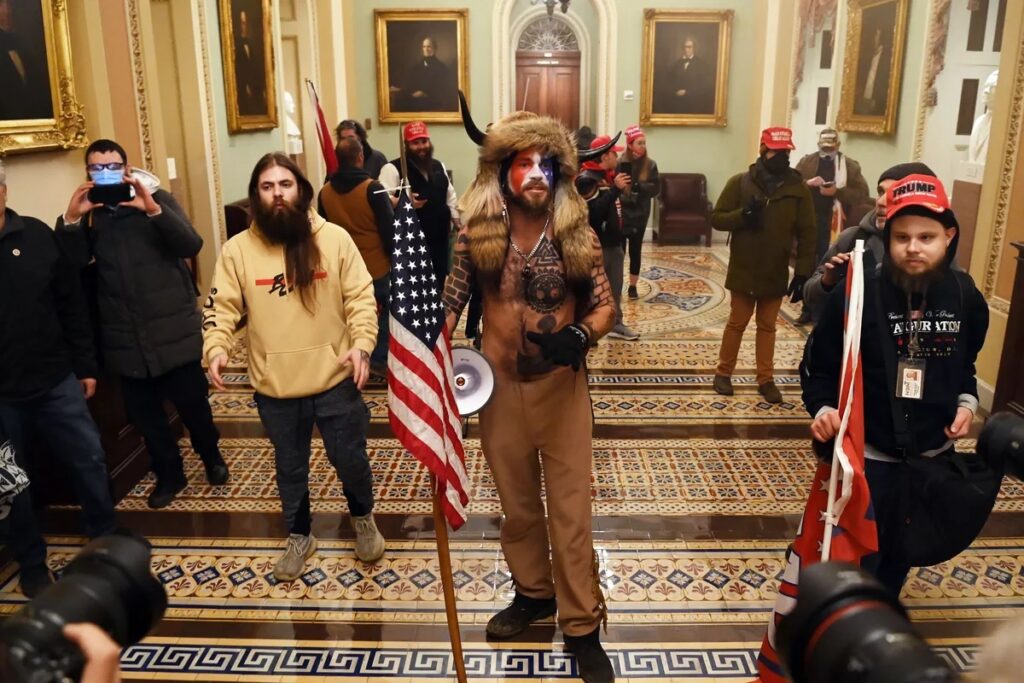
“These are the things you should do: Speak the truth to each other; make truthful, just, and peaceable decisions within your gates. Don’t plan evil for each other. Don’t adore swearing falsely, for all of these are the things that I hate, says the LORD” — Zechariah 8:16–17
“Lies make our lives ugly, robbing us of our ability even to trust ourselves . . . To live in the truth will give you a life which may be difficult but one that will make possible your ability to look back and want no other life than you have lived. As my friend, Sam Wells, suggests the only things that in our lives will last are those things that embody the truth. So a well-lived life will not be determined by how thick a person’s C.V. may be, but rather those aspects of one’s life that abide in the truth. So, again I say to you: Do not lie.” — Stanley Hauerwas, in his commencement address to the University if Aberdeen, July 2017
“This is the only story of mine whose moral I know. I don’t think it’s a marvelous moral; I simply happen to know what it is: We are what we pretend to be, so we must be careful about what we pretend to be.” — Kurt Vonnegut, Mother Night
We are what we say. What we say matters.
Broadly speaking, we can either speak deceitfully or truthfully. It’s not much more complicated than that. What we say is either true or it is false.
I’ll take it a step further: speaking truth is love; speaking falsehood is hate. If you love someone, you speak the truth to them. If you do not speak the truth, you do not love them. In fact, you only love yourself. You only seek to protect yourself.
What we say flows out of who we already are; we are what we say.
And what we say is who we are. How we speak is who we become. If we push falsehoods, lies, and all manner of evil speaking, then we become those things. We mislead ourselves if we think we can embrace those things for the “greater good.” The influence happens in the other direction.
Significant religious and political leaders have knowingly pushed lies on the American people. These lies have dramatic consequences, not least of which was last Wednesday’s tragedies, as traitors to the United States of America stormed our Capitol with the intention of overturning our government.
They did this in part because they had been lied to, repeatedly. They had accepted false narratives. These narratives were told to them by powerful people not because those powerful people cared about them, but because those powerful people wished to exploit them. They told lies. Lies are hate. Lies are selfish.
Too often, Christians downplay the need for truth-telling. I’m not speaking about any one church. In fact, the church of which I am apart now is a true blessing. But in conversations with individuals over the years, I have been trained to think that the “Christian” way to live, to act, to speak would be marked by passively allowing others to believe lies. This was called “love.” Do not judge; do not challenge; that would be unloving. Welcome; embrace. This is loving.
Jesus told the truth. Always. Without exception. Jesus loved. Jesus loved selflessly. He abandoned ambitious pursuits of power; he didn’t seek flocks of fanning followers. He didn’t spend his days proclaiming how great he was, how no one had ever gotten close to his glory. He spoke the truth. And he spoke it humbly.
One of the greatest challenges, I surmise, for churches as we head further into this century will be the need to speak truth boldly, to confront the myriad lies that have been pushed forth by those in power. People have been lied to, and many have embraced those lies. They have exchanged the gospel of the good news of Jesus Christ for a mirage, an idol even.
In a well-known turn of phrase, Jesus said, “By this they will know that you are my disciples: if you love one another.” If you love someone, you tell them the truth.